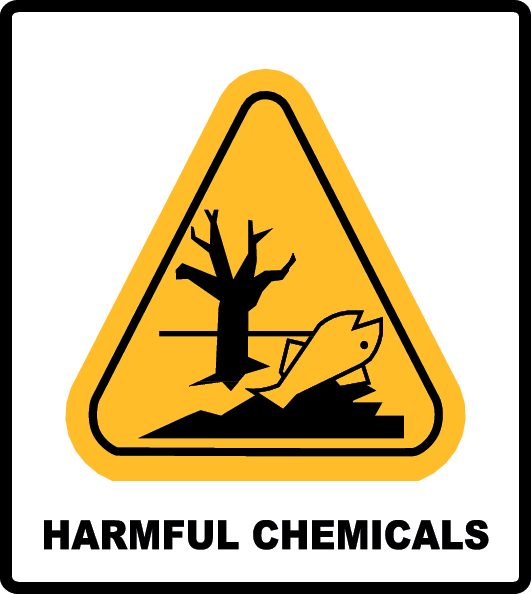It’s a common situation at many organizations that have industrial solvent cleaning needs: Solvents containing harmful chemicals are used for business-critical cleaning operations, but they are used at the expense of potentially harming workers and the environment.
In this entry, we look at five options for reducing harmful chemicals during industrial parts cleaning operations — or reducing the capacity of the chemicals to cause harm — with options listed from most to least preferable based on cost, effectiveness, and overall feasibility.
- Switch to Non-Toxic Solvents
The best option for reducing harmful chemicals is replacing solvents that contain them. Ecolink can tell you precisely which chemicals to avoid, and why. As a general point of reference, focus on avoiding solvents containing chemicals listed in the Environmental Protection Agency’s (EPA) Lists of Lists.
- Use a Sealed Parts Washer
Using a sealed parts washer that doesn’t emit fumes is another good option, as long as your soiled parts can fit in the unit. Exposure may can further reduced if you can use a parts washer that recycles a single application of solvent, making it usable for multiple cleaning cycles.
- Use Personal Protective Equipment
If there’s no way to avoid Hazardous Air Pollutants (HAP) from a critical cleaner, putting a barrier between workers and HAPs in the form of Personal Protective Equipment (PPE) is the next best option. High-level PPE is expensive, but so is paying workers comp claims and settling chemical injury lawsuits.
- Operate an Air Filtration System
Air filtration systems that are specially designed to snare airborne contaminants can dramatically reduce HAP density in the air of the work environment. But it’s a strategy you should combine with others in this list to achieve a high level of protection. Combining targeted air filtration with PPE, for example, may all but eliminate the threat.
- Clean Parts in Sealed Glove Box
In industrial cleaning circles, the term “sealed glove box” refers to a relatively small, sealed glass unit that has built-in holes through which laboratory grade gloves can reach inside, and manipulate objects. A sealed glove box could be used to increase safety when cleaning with toxic substances. However, the cleaning operation would be slow, and laboratory grade glove boxes can be quite costly.
Shopping for Non-Toxic Chemicals?
If so, Ecolink is a great destination to find them. There are lots of options for reducing harmful chemicals from industrial cleaners, but replacing them with safer cleaners is the most effective by far.
This is what we help companies do, providing stock and custom solutions that have as much cleaning power but a better safety profile than many old generation solvents. Before purchasing, request a free product sample to see how well one of our solutions really works — no strings attached.
To get started on reducing harmful chemicals by replacing toxic cleaners, call us today at (800) 563-1305, or send us an email through our contact form. We look forward to helping you improve chemical safety in the workplace!















